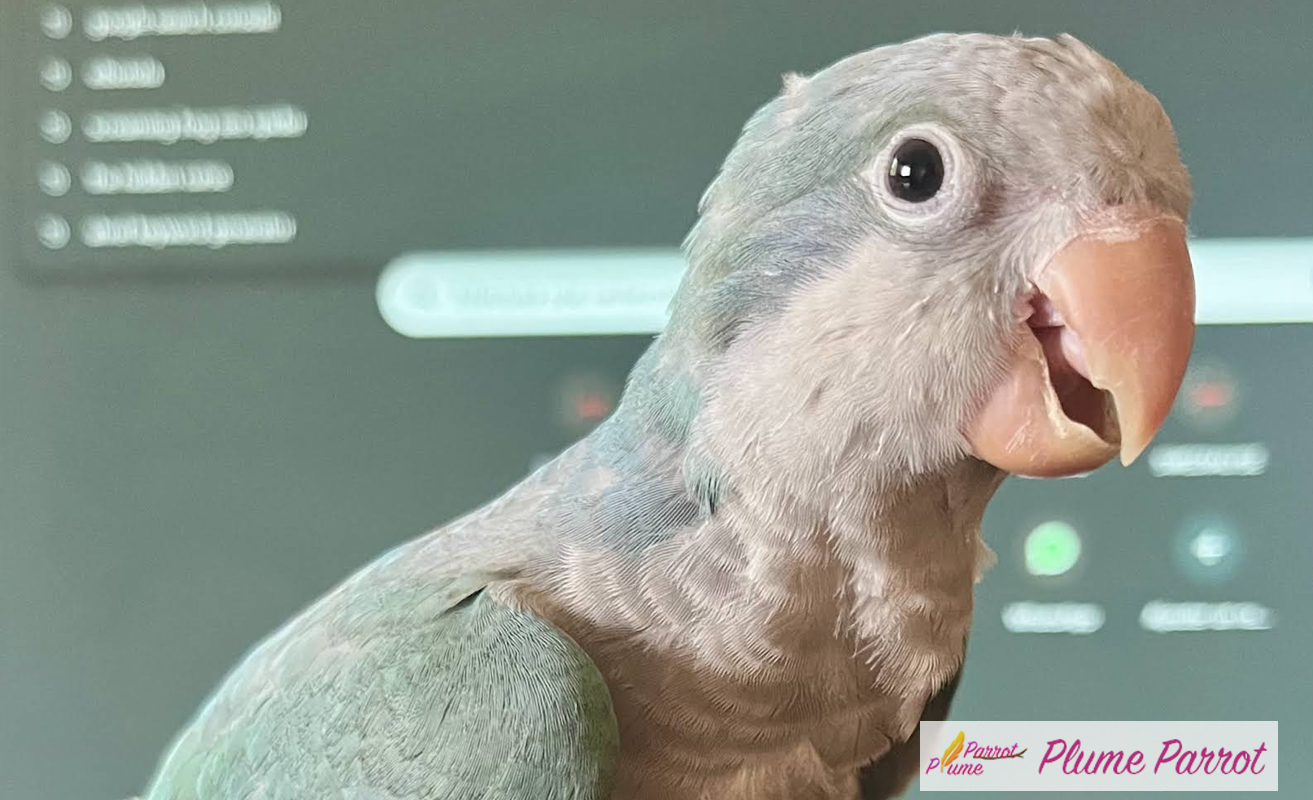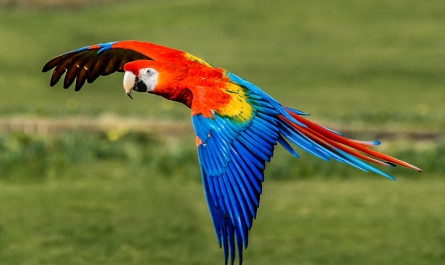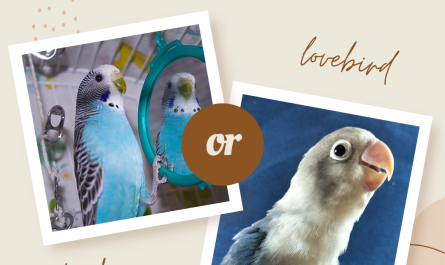Quaker parrots, also known as Monk parakeets, are beloved for their vibrant personalities and striking green feathers. But how long do these charming birds typically live, and what can you do to ensure they have a long, healthy life? This guide will explore the lifespan of Quaker parrots and offer essential tips for their care.
Understanding Quaker Parrot Lifespan
Quaker parrots can live for 20 to 30 years, with some even reaching up to 35 years with proper care. Their lifespan is influenced by various factors, including diet, environment, and genetics. Ensuring your Quaker parrot enjoys a long life begins with understanding these factors and providing the best possible care.
Diet: The Foundation of Longevity
A balanced diet is crucial for your Quaker parrot’s health and longevity. Provide a mix of high-quality pellets, fresh fruits, vegetables, and occasional seeds. Avoid feeding them foods high in fat, sugar, or salt, as these can lead to obesity and other health issues. Regularly offering a variety of foods not only keeps their diet interesting but also ensures they receive the necessary nutrients.
Environment: Creating a Safe and Stimulating Home
The environment in which your Quaker parrot lives plays a significant role in their overall well-being. A spacious cage with plenty of room to move around is essential. Ensure the cage is equipped with perches, toys, and climbing structures to keep your parrot mentally stimulated. Regular interaction with you or other birds can also reduce stress and prevent behavioral problems.
Regular Veterinary Care: Preventing and Addressing Health Issues
Routine veterinary care is vital for catching potential health issues early. Schedule annual check-ups with an avian vet to monitor your Quaker parrot’s health. Common health concerns for Quaker parrots include respiratory infections, feather plucking, and fatty liver disease. Keeping an eye on your parrot’s behavior and physical condition can help you identify problems before they become serious.
Socialization and Mental Stimulation: Keeping Your Parrot Happy
Quaker parrots are social creatures that thrive on interaction. Providing regular socialization, either with you or other birds, is crucial for their mental health. Mental stimulation through toys, puzzles, and training can also keep your Quaker parrot happy and engaged, reducing the risk of depression and boredom-related behaviors.
Conclusion: Ensuring a Long, Healthy Life for Your Quaker Parrot
By providing a balanced diet, a stimulating environment, regular veterinary care, and plenty of social interaction, you can help your Quaker parrot enjoy a long and healthy life. Understanding the factors that influence their lifespan and taking proactive steps to address their needs will ensure that your feathered friend remains a happy and vibrant companion for years to come.
Share this content:




